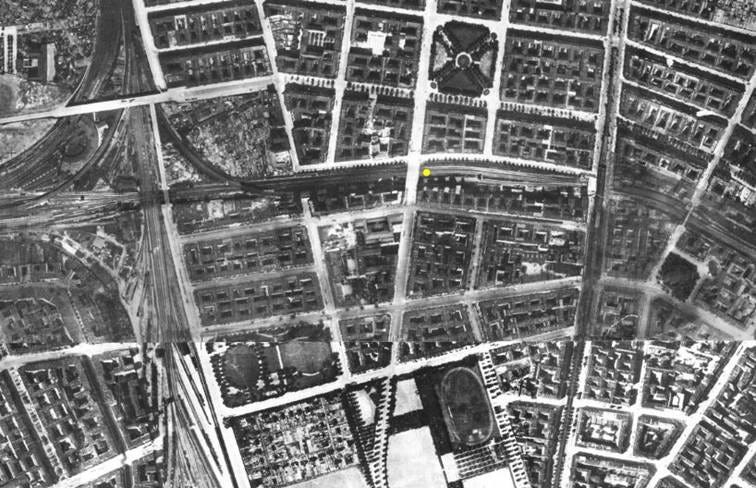NO TRAINS GO: THE 1922 RINGBAHN CATASTROPHE
Today in Berlin: 27 June, 1922
On Tuesday June 27, 1922 the whole of Berlin seemed to have been in turmoil: the German Secretary of State for Foreign Affairs in the Weimar Republic, Walther Rathenau, assassinated three days earlier in Grunewald, was about to be buried in the family grave in Oberschöneweide near the main seat of their by now world-famous company, AEG.
Rathenau’s death triggered a series of serious social and political unrests. The funeral itself, which after the official obsequies in the Reichstag building at noon was to be attended exclusively by the murdered politician’s nearest relatives, became a war-call for big political rallies. To attend them, at 12 PM many workers laid down tools and abandoned their posts. As a result not only did Berlin’s factories come to a halt but at noon on June 27, 1922 the city was also left practically without a functioning public transport.


